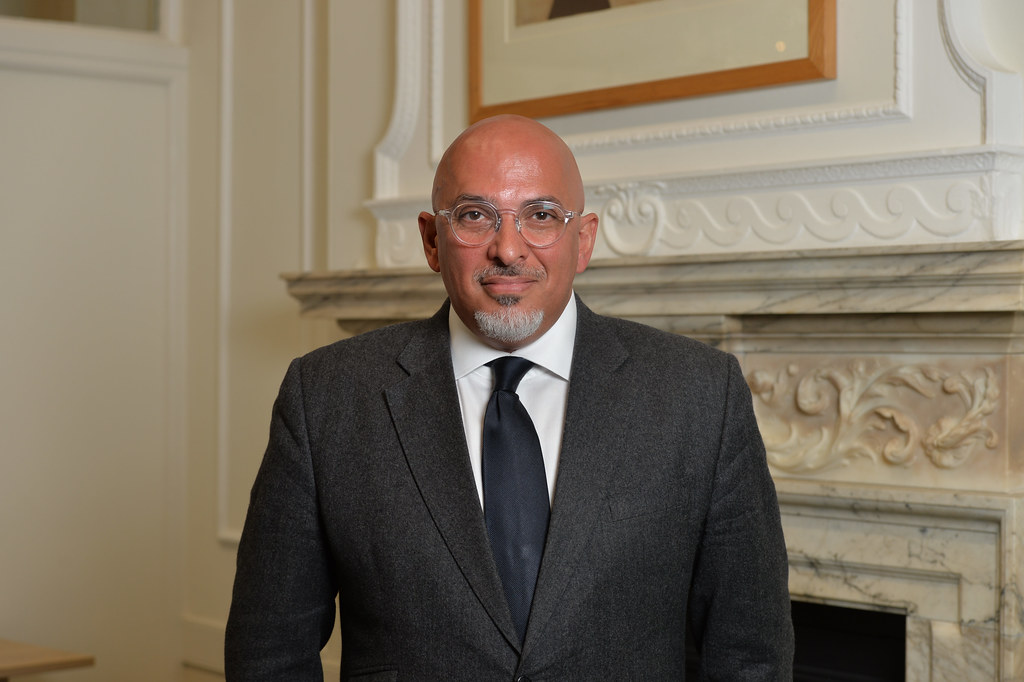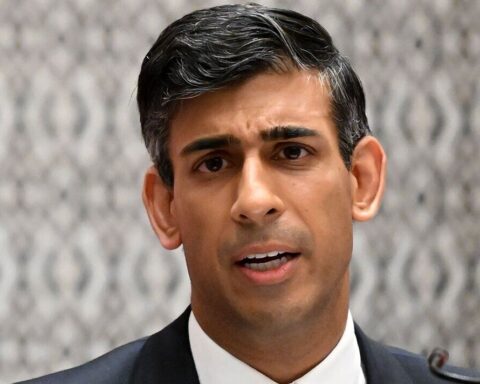LONDON (Parliament Politics Magazine) – With members, the postal ballots for the Tory Party’s leadership race will begin to come in today.
The number of voters who are deemed entitled to choose the nation’s future prime minister is believed to be around 160,000, while the precise number is unknown.
Voting slips will be dropped today, but the contest doesn’t end until September 2. The winner will be announced on September 5.
Online voting is an additional option, and the Conservative Party will only count a voter’s most recent vote cast.
At 7 p.m. today, there will be a second member’s hustings in Exeter, and there will be 10 more before the election is through.
Meanwhile, Liz Truss gets Zahawi’s support
Liz Truss has received the support of Chancellor Nadhim Zahawi to become the prime minister.
After Rishi Sunak’s resignation as Chancellor in opposing Boris Johnson’s leadership, Mr. Zahawi was awarded the position in Number 11.
In a piece for The Telegraph, Mr. Zahawi seems to support the front-runner for the position of next Tory party leader while criticising his predecessor at the Treasury.
He said, to quote Sam Bowman, the brilliant economist, in order to solve cost-of-living issues and the challenges that were upon the UK on the global arena, they needed a “booster” attitude toward the economy, not a “doomster” one. Liz would challenge tired economic orthodoxy and steer the economy in a Conservative manner.
Now that he was at Number 11 Downing Street, Zahawi said that he could vouch for the fact that his Treasury staff were among the most intelligent, most professional, and hard-working individuals anywhere in the world.
However, they needed the political leadership to produce a step-change in how they managed the nation’s finances, and Liz’s proposals for a low-tax economy that prioritised growth were exactly what they needed, he said.
The main point of contention between Ms. Truss and Mr. Sunak has been economic policy; the former promised tax cuts to boost growth, while the latter desired to reduce inflation before relaxing tariffs.
Today, Mr. Sunak revealed a plan to reduce income tax from 20p to 16p, but only by the conclusion of the following legislative session.
People needed tax cuts in seven weeks, not in seven years, said a source in the Truss camp.
Sunak promises to decrease taxes “extreme.”
By reducing the basic rate of income tax from 20p in the pound to 16p by the end of the next legislative session, Rishi Sunak promises a “radical” alteration if he is elected prime minister.
The former chancellor asserts that the 20 percent decrease would be “the largest cut in income tax in 30 years” in his most recent appeal to Conservative Party members.
Mr. Sunak pledges not to increase government debt in order to cover the expenses, saying it will be covered by additional tax receipts generated by expected economic growth.
To provide better value for money, he also promises to “push more efficiency and reform” in government.
Mr. Sunak claimed his strategy was “radical” but “realistic” and adhered to his “fundamental principles” on the economy as party members started receiving their ballots for the final leadership vote.
First off, he declared that he would never reduce taxes in a way that would just increase inflation.
Secondly, he would never promise something he couldn’t deliver.
Thirdly, he would always be open and honest about the challenges they face.
Because winning the leadership race without being honest with the public about what lies ahead would not only be dishonest, it would be an act of self-sabotage that would doom the party to defeat in the next general election and send them into a protracted period of opposition, he said.
The former chancellor continued, seemingly taking a shot at his rival saying that there was no more serious option than the one currently before Conservative members: to choose the person who would represent their nation abroad and at home during trying times.
As they made that choice, he advised them to proceed cautiously and to keep in mind that if something seemed too good to be true, it probably was. That applied to any vision that didn’t include any challenging trade-offs.





